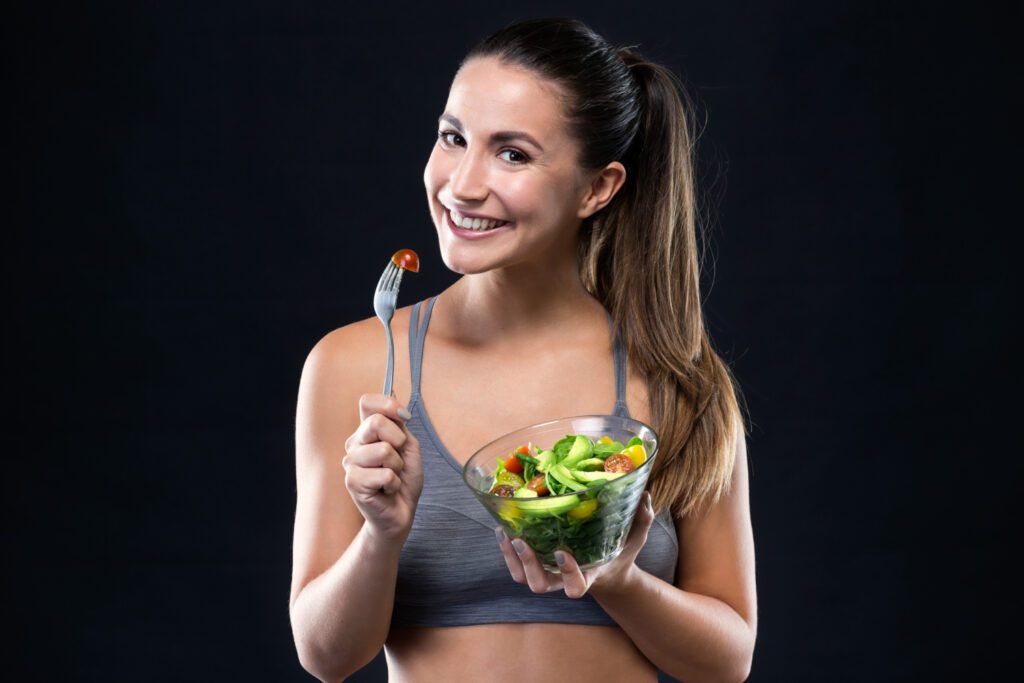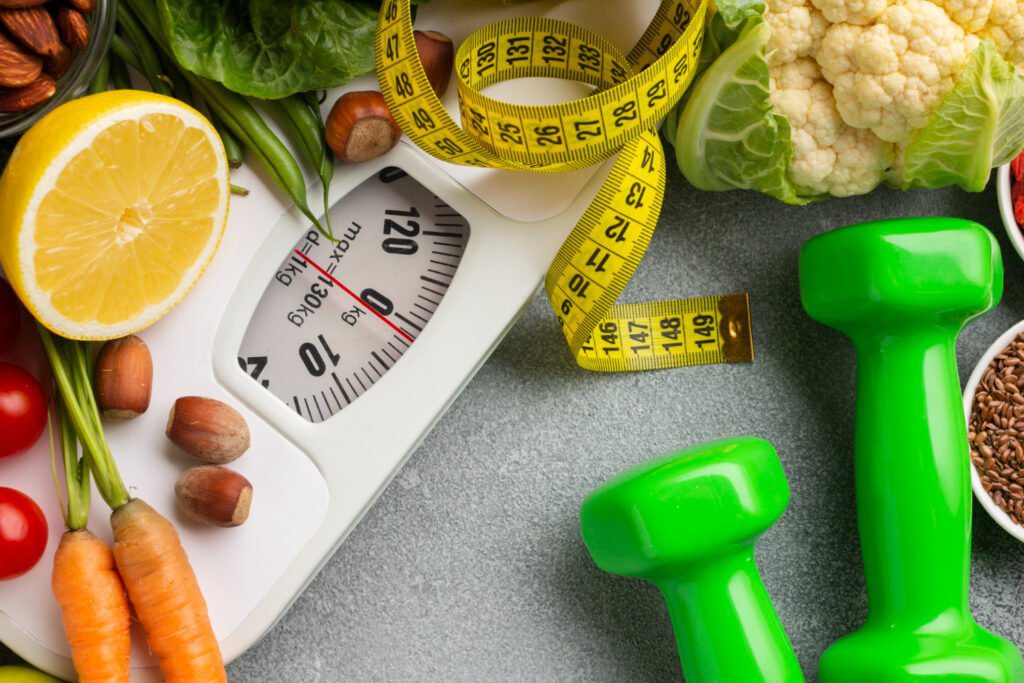Living a long and healthy life is greatly dependent on eating healthy food. On the other hand, if you want to be assured of meeting health goals, it becomes necessary to avoid certain everyday foods. It is not disputable that unhealthy diets amount to much more than overweight. These diets range from ultra-processed, sugary, and anything that gives a high GI instead of a low one; these will certainly have a negative impact on one’s health.
This article aims to cover several of the usual food choices that lead to an unhealthy life. We are going to indicate what makes these foods harmful for you and then what options there are for healthier replacement. Thus, if you want to start making diet modifications, feel free to follow us to get the lowdown on the common foods you should avoid for a healthy life.
Why it is important to avoid Common Foods For a Healthy Life?
We need to avoid common foods for a healthy life because they can be higher in fat, sugar, sodium, and calories than are desirable. Common foods like fast food, processed snack foods, and sugary drinks are generally very high in calories while low in nutritional value.
It is when these foods are eaten in large amounts that the problems of weight gain, heart diseases, and other health issues are incurred.
But the intake of foods balanced in fruits, vegetables, lean proteins, and whole grains will be helpful in getting the necessary nutrients for your body and at the same time, in avoiding the excessive level of fat, sugar, and sodium.
10 Common Foods You Should Avoid For a Healthy Life.
1. Processed Meat.

Processed meat is an example of sodium, saturated fats, nitrates, and more than can lead to cardiovascular disease and cancer.
2. Refined Grains.

These grains would be stripped of many nutrients by the time they come to your table. They are responsible for blood sugar and weight gain spikes.
3. Sugary Drinks.

As contrasted to simple sugars, that is to say, to those sugars which contain fiber, minerals, and vitamins your body can make use of during digestion, sugary beverages provide only empty calories, i.e. calories that have no nutritional value and thus can lead to obesity and diabetes.
4. Fried Foods.

Fried foods are a super source of trans fat and calories that can result in heart disease and diabetes if regularly used.
5. Trans Fats.
This combination of saturated and trans fats is responsible for your high blood cholesterol levels. Too much cholesterol in your blood is not good for your health, as it can cause heart disease and other health problems. This is a serious health condition that can lead to a fatal heart attack.
6. High-Salt Foods.

Besides chips, crackers, and canned soups, various processed and fast foods that can send blood pressure skyward are loaded with salt.
7. High-Sugar Foods.

High-sugar foods, such as candy, cakes, and cookies, can cause weight gain and can expose a person to the danger of diabetes.
8. Processed Cheese.

Processed cheese, such as American cheese and Velveeta, contain a lot of sodium, saturated fats, and artificial additives which contribute to the problem of increased risks of heart disease and cancer.
9. Artificial Sweeteners.

Artificial sweeteners, for instance, aspartame and sucralose, can lead to gastrointestinal problems and intemperance can expose you to the risks of obesity and diabetes.
10. Alcohol.

Alcoholic drinks, for example, beer, wine, and spirits, are sources of cancer and liver damage which further harm your body’s health status.
How to Replace Unhealthy Food with Healthy Food?
Step 1. Swap unhealthy snacks like chips and cookies for healthier alternatives such as fresh fruits, vegetables, nuts, and seeds.
Step 2. Ditch the sugary drinks and replace them with unsweetened tea, coffee, or water.
Step 3. Alter the white bread, white rice, and other refined grains with whole-grain options.
Step 4. Substitute processed and fried foods with lean proteins, such asfish, skinless chicken, lean beef, beans, and eggs.
Step 5. Prefer nuts, seeds, and legumes as plant-based proteins instead of red meat.
Step 6. Along with that include fiber-rich foods like vegetables, fruits, and whole grains in your meals or snacks.
Step 7. Go for monounsaturated fats found in avocados, olive oil, and nuts, and avoid saturated and trans fats at all costs.
Step 8. Opt for fat-free yogurt and milk and similar dairy products that do not contain fat at all. Step 9. Avoid the use of processed condiments especially mayonnaise and ketchup as most of them are high in sugar and sodium.
Step 10. Get busy in the kitchen preparing your own meals and snacks with fresh ingredients to make sure that you are aware of all the ingredients that are being added to your food.
Foods You Should Include For a Healthy Life.
- Fruits and Vegetables: Fresh fruits and vegetables are necessary for your diet due to the fact that they are a great source of vitamins, minerals, and fiber and also excellent for digestion.
- Lean Proteins: Lean meats, fish, and also tofu are necessary for muscle growth, repair, and maintenance of body tissues.
- Whole Grains: By adding whole grains to your diet such as brown rice, oats, quinoa, and millet, you will lower chronic disease risks and also improve your immune system, kidneys, and cholesterol.
- Healthy Fats: By using such healthy fats as nuts, avocados, and olive oil, you will reduce inflammation and at the same time improve the state of your heart.
- Dairy: Dairy products including yogurt, milk, and cheese are vital to your health due to the fact that they provide calcium and a range of vitamins and minerals that your body needs.
- Water: It is very crucial for your well-being to take in a good amount of water regularly so make sure that you are drinking enough no less than 8 glasses of water each day and remember that it is not necessary to wait until you are thirsty to start drinking water.
Take Away.
One’s health should be a priority by being watchful of what you are eating and what are the foods that you shouldn’t eat for a healthy life can be a helpful guide. When you eat foods that are rich in nutrients as well as maintaining a good balance of the types of foods you are taking, you will have the energy to do the necessary tasks that your body requires. Moreover, you will find that the energy in you will never run out as you are living by refueling the energy in your body by eating a diet of nutrient-rich foods which in turn will provide you with many health benefits. Through staying away from various unhealthy foods that the masses consume, you can change your current state of health for the better.
How we reviewed this article:
Our team of experts is always monitoring the health and wellness field, ensuring that our articles are updated promptly as new information emerges. See Our Editorial Process
Jun 29, 2025
Written By: Danielle Pashko
Reviewed By: Corissa S.
Written By: Danielle Pashko
Reviewed By: Corissa S.

 Workout
Workout
 Meditation
Meditation





 Contact Us
Contact Us










